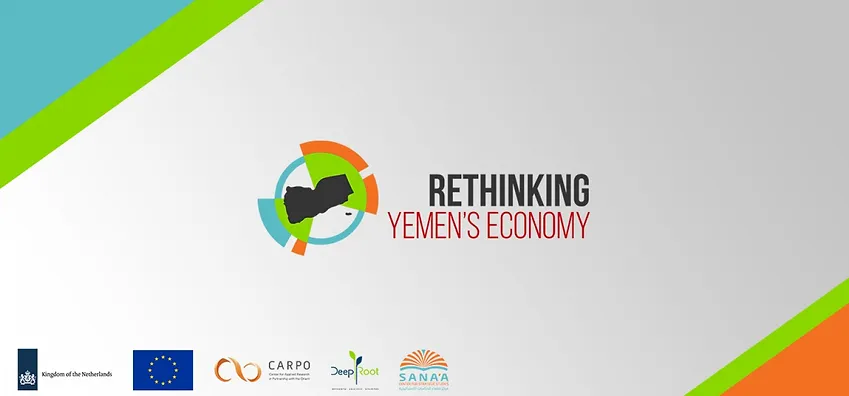Since April 2022, the war in Yemen has mutated from a volatile, high-casualty conflict to a protracted stalemate with stable frontlines. The contest is now over the economy, as the Houthi group (Ansar Allah) leverages negotiations and military power to put fiscal pressure on the internationally recognized government, stoking discontent as public utilities break down and the currency tumbles in government-controlled regions. The Houthi attack on government revenue streams began in October 2022 with a blockade of oil exports and has expanded into competition for customs revenues and a ban on cooking gas produced in government-held areas.
· The precipitous decline in oil, gas, and tax revenue has resulted in massive budget deficits and reduced the government’s capacity to cover essential expenditures, including the payment of public sector salaries and the provision of electricity.
· The expiration of a Saudi fuel grant has precipitated an electricity crisis in the south, with the government and private operators unable to afford to run power plants. By September 2023, residents in the interim capital of Aden received as few as four hours of power each day.
· The August 2023 announcement of a new US$1.2 billion grant from Saudi Arabia could provide a measure of relief, but the money has been slow coming. The vast public sector cannot subsist on irregular handouts, and private investment is limited by conflict and political fragmentation.
· Hundreds of thousands of employees working in the government-controlled public sector and their dependents will lose their primary source of income if salaries go unpaid, and their purchasing power will fall with the devaluing rial as the central bank’s foreign currency reserves dry up.
· Without substantial and sustained financial assistance, the economic and humanitarian situation in Yemen will rapidly deteriorate.
This paper details the circumstances of the destruction of the public revenue streams of the internationally recognized government and identifies potential avenues for their restoration. It was informed by the research of the Sana’a Center Economic Unit and consultations and discussions at the 9th Development Champions Forum (DCF), held from May 24-26 in Amman, Jordan as part of the Rethinking Yemen’s Economy Initiative. Participants discussed and debated potential avenues for relief of the government’s fiscal crisis and suggested streams of exploitable revenue for further study of their viability.
· Crude oil might be sold on restructured futures contracts, or dealt to private regional exporters, through a transparent process. Customs and tax collection could be streamlined or decentralized.
· The government should explore models for creating effective partnerships with the private sector and study the possibility of privatizing the electricity sector, even partially, or implementing pre-payment system to address the woeful collection of utility bills.
· Other assets, including the publicly-owned telecommunications company, could be reformed, as could expenditures, including the security and bloated public sectors.
· Raising or improving the collection of income, commercial, or even point-of-sale taxes in Yemen is currently beyond the government’s ability to enforce, due to its limited wartime capacity and geographic fragmentation.
· Deeper reforms are dependent on strong and effective state institutions, which have long been absent from Yemen and whose reconstitution likely awaits the conclusion of the war.
